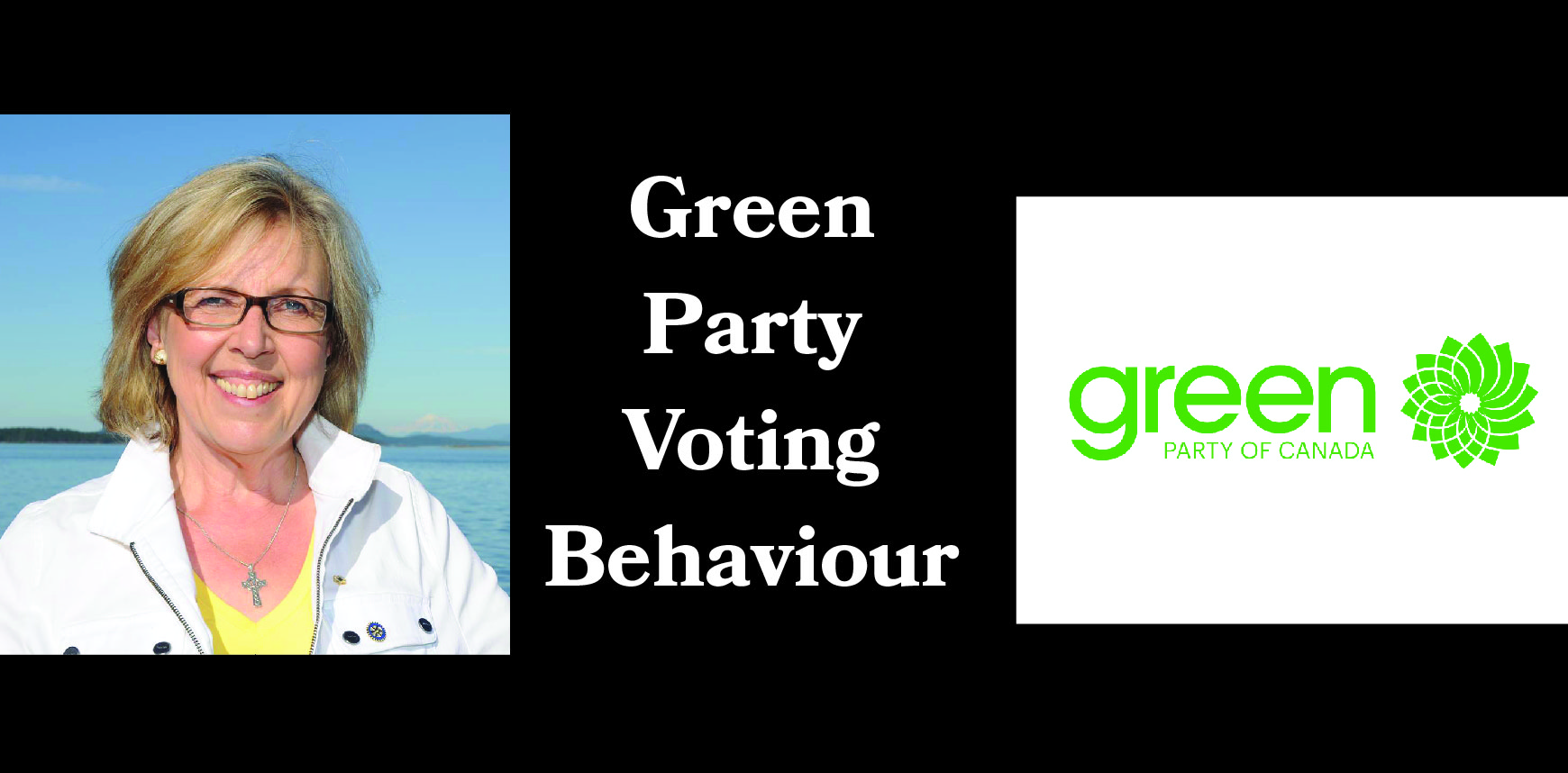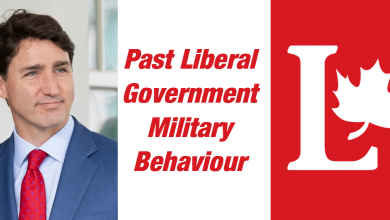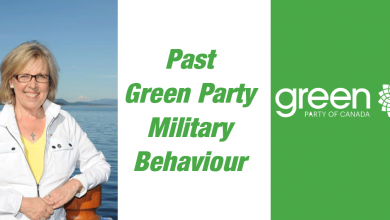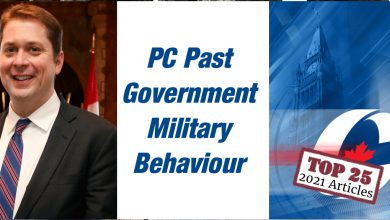Election Coverage
Green Party Voting Behaviour
Green Party Voting
The Green Party was first established worldwide in the 1960s entrenched deeply in the values of non-violence, social justice and ecological action. These values are reflected in Party leader Elizabeth May’s voting record during her tenure in Parliament.
The Green Party of Canada found its roots in Ottawa’s Carleton University in 1983. May became the first elected Green Party MP in Canadian history in 2011 when she won the riding of Saanich-Gulf Islands in British Columbia.
During her tenure in Parliament, May has typically voted in favour of benefits and services for veterans and members of the CAF. For example, on Feb. 3, 2014 she voted in favour of a motion to respect Canadian soldiers and veterans by addressing mental health concerns, hiring professionals, reopening veterans’ offices and concluding the 50 outstanding cases of military suicides in the board of inquiry.
She also voted yes for Bill C-568, an Act to Respect Former Canadian Forces Members. This act extends health care benefits listed under the Act to former members of the CAF who meet Military Occupational Classification requirements.
On May 12 of this year she voted in favour of a motion for the House to acknowledge that injured, disabled or military members that have died in service deserve financial compensation, and it is the government’s duty.
May’s voting record for missions in the Middle East, however, is a different story. The commitment to non-violence is reflected with May’s open and repeated speeches against missions against ISIL in the Middle East, stating that bombing the region will not solve problems. On March 26, 2015, May addressed the Parliament calling for members to realize that violence is not the answer.
“Our discussion should be one of how we, as a western community of nations, best deal with the general threat of terrorist organizations around the world. One of the ways to do this, of course, is to ensure that the west not appear to be at war against Islam. This particular narrative of west versus Islam is a rallying cry in the propaganda that has people gather.
“I will go to the words of the UN Secretary-General Ban Ki-moon for the best way to defeat terrorism in the region. The best way and the biggest threat, as he put it, to terrorism is not from missiles; it is from a strategy of political inclusion. We should be doing much more to get the countries in that region, themselves threatened by ISIS, to take on the ISIS threat,” stated May.
She commended the humanitarian work Canada was contributing to the region but called for more action by the current administration.
“I congratulate the existing humanitarian efforts, but much more needs to be done for the four million Syrian refugees. Much more needs to be done to stem the flow of weapons to ISIS. Much more needs to be done to stem the flow of money to these terrorist groups, and we should, as a community of nations taking the threat of terrorism seriously, work to end the threat of Boko Haram, al-Qaeda, ISIS, and groups of criminal thug organizations as yet unnamed.
“This mission does not do that,” said May.
May was also the only member in Parliament to vote against the mission in Libya in 2011.
“I think the road to hell was paved with good intentions again in Libya because we meant well, but in turning down peace offers and peace talks and pursuing a bombardment we inadvertently increased the strength of terrorists,” said May in a speech to the House of Commons in Oct. 2014.
[poll id=”7″]








